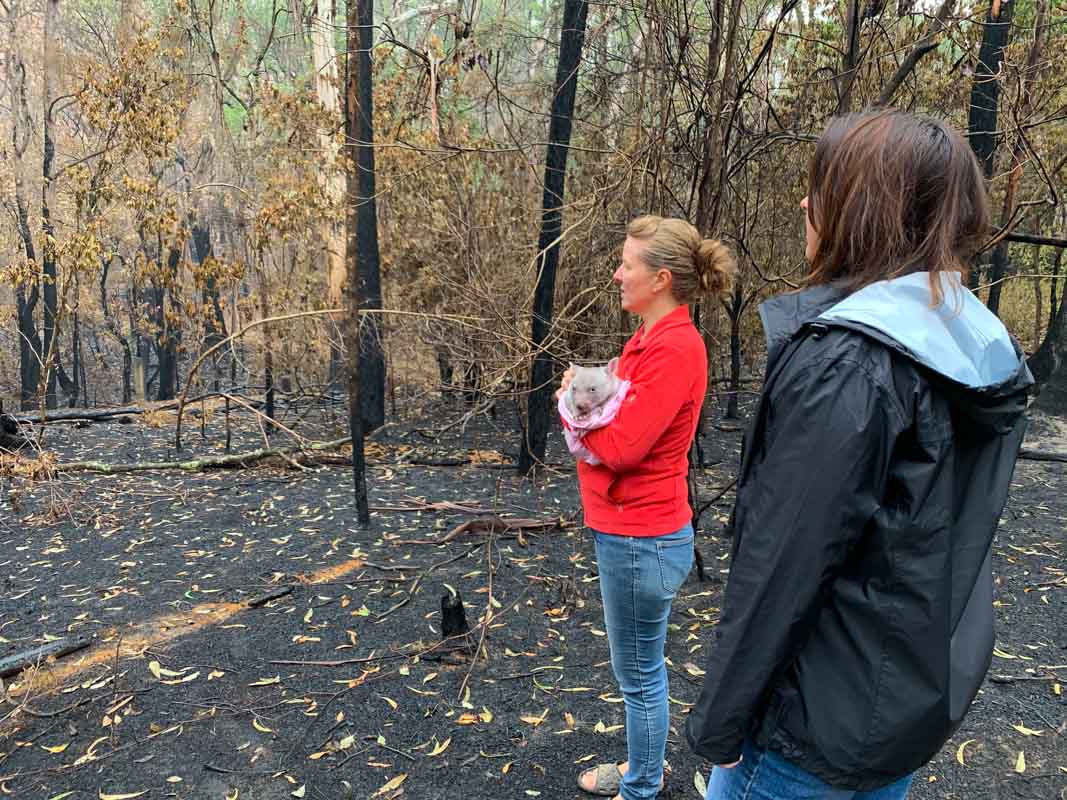From bushfires to COVID-19: Psychological insights to complex trauma from natural disasters
So far, 2020 has seen our communities and staff face extraordinary challenges – some which are still unfolding – with compassion and resilience. Earlier this year, our district deployed a number of staff to communities on the South Coast which had been affected by bushfires. Upon their return, many of these staff were required to pivot and support our colleagues, patients and local communities navigate the pandemic that is COVID-19.
Psychologists in SESLHD developed a skills-based webinar – From bushfires to COVID-19: Psychological insights to complex trauma from natural disasters, to help managers and leaders support staff wellbeing during times of crisis. The interactive session utilised panellists to discuss the role of psychologists in times of crisis, exploring trauma and resilience models.
Seven of our psychologists from the Eastern Suburbs, Sutherland and St George mental health services, who provided support to South Coast communities during the bushfires earlier this year, co-presented with four of their Southern NSW Local Health District psychology colleagues. Ruth Hennessy, Senior Clinical Psychologist from the Albion Centre, facilitated the panel discussion.
Michelle Riashi, Principal Clinical Psychologist, SESLHD said the webinar was an opportunity to highlight the parallels and share key learnings applicable to the current crisis.
“The uncertainty faced by health professionals and the community during the bushfires, along with the accompanying anxiety and need for health professionals to balance their professional and personal responses, has direct parallels with COVID-19,” Ms Riashi said.
“The discussion highlighted the importance of collegial teamwork both within and between disciplines and particularly the importance of supporting one another and the use of informal and formal hand-overs, debriefing and supervision. It also emphasised that psychological skills can be effectively applied to crisis situations where trauma is still unfolding, where the working environment is an evolving landscape.”
Feedback from the webinar has been overwhelmingly positive, with one participant commenting: “I loved the format. It was so interesting to hear from a range of people and I liked the mix of personal experience and professional expertise in the discussions” and another stating: “What a wealth of expertise and compassion within the group that presented.”
